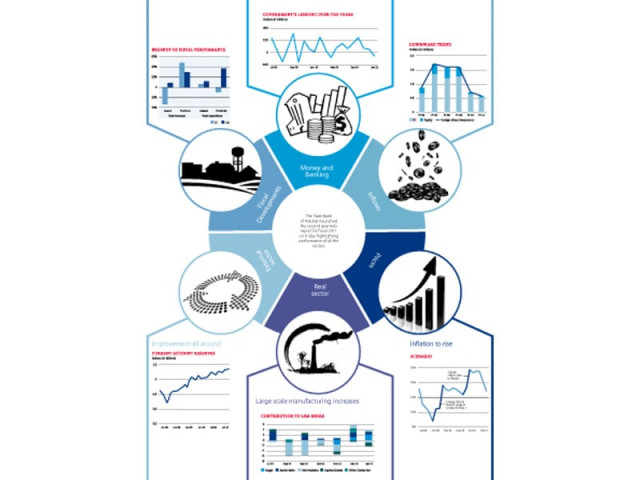The software economy

The technology billionaires list has to be one of the most enviable because they all got so very much, so very quick.
Software prevails in every industry from media to entertainment and finance to supply chains but to really understand why software has made so many instant billionaires warrants a deeper look at the economics of software.
Software, by and large is devoid of supply-side economies. The marginal costs of production are practically zero because making even a million copies of Microsoft Windows costs next to nothing.
In fact since it’s so cheap to made additional quantities, the product pricing of software like Microsoft Windows license is not determined by the “cost of production” as is conventional for most products. Rather, the price is deceivingly arbitrary. It’s a dark art very few are privy to even within Microsoft, encompassing profit equilibriums, demand elasticity, predatory pricing, market penetration and so on--but not cost of production.
Costs for software distribution are also negligible because it can be downloaded instantly over the Internet. This is what makes software so ubiquitous and it’s the reason why Google spread so much faster than Coca Cola could ever have. The distribution dynamics also means that fixing bugs or updating software can happen automatically.
But it also means rampant piracy because Hollywood blockbusters can be downloaded across the globe within hours of release.
Unlike cars or refrigerators, no raw materials or assembly plant is required for software development. Google and Microsoft both started in a garage while Facebook started in a dorm room by teams no bigger than two people.
Due to these distinct economic advantages, software is undoing centuries of standard practices. Money is being replaced by digital transactions which simply adjust account balances. Accountants and financial advisors are being replaced by do-it-yourself online tax filings and mortgage calculators. The same trend is prevalent through all industries.
India has been one of the biggest benefactor of the software economy, benefiting directly through sales and service revenues and indirectly by improving it’s own business processes and infrastructure.
If two people exchange an apple, they still have one apple each but if they exchange an idea, they end up with two ideas each. Software is essentially just that. It’s an idea that’s soft and digital and grows quickly and effortlessly.



















COMMENTS
Comments are moderated and generally will be posted if they are on-topic and not abusive.
For more information, please see our Comments FAQ